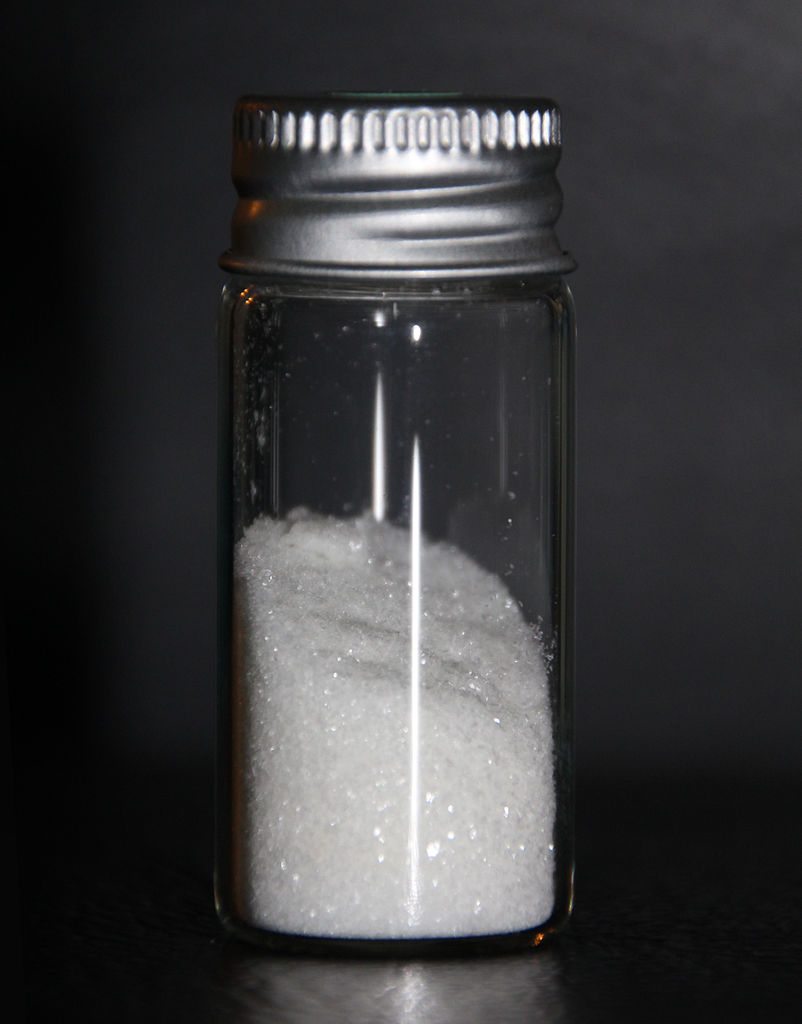“Moneyball,” the 2012 election, and science- and evidence-based medicine
Regular readers of my other blog probably know that I’m into more than just science, skepticism, and promoting science-based medicine (SBM). I’m also into science fiction, computers, and baseball, not to mention politics (at least more than average). That’s why our recent election, coming as it did hot on the heels of the World Series in which my beloved Detroit Tigers utterly...
Eat To Save Your Life: Another Half-True Diet Book
I am hesitant to review diet books because they are so often a tangled mess of fact and fiction. Teasing out their truth from falsehood is about as exhausting as delousing a long-haired elementary school student. However, after being approached by the authors’ PR agency with the promise of a book that contains science-based nutrition information I decided to agree to the...
It’s time for true transparency of clinical trials data
What makes a health professional science-based? We advocate for evaluations of treatments, and treatment decisions, based on the best research methods. We compile evidence based on fair trials that minimize the risks of bias. And, importantly, we consider this evidence in the context of the plausibility of the treatment. The fact is, it’s actually not that hard to get a positive result...

Scaremongering to Sell Water Filters
San Diego Pure Water claims that our drinking water is dangerously contaminated with fluoride, but they're probably trying to just drum up business selling water filters.
Lessons from the History of Insulin
On my recent trip to Nashville for CSICon, I took advantage of the long hours on the plane to read Breakthrough: Elizabeth Hughes, the Discovery of Insulin, and the Making of a Medical Miracle, by Thea Cooper and Arthur Ainsberg. One of our commenters recommended it. I’m not sure who (was it Chris?), but I want to thank you. It’s the history...

The result of the Trial to Assess Chelation Therapy (TACT): As underwhelming as expected
Chelation therapy. It’s one of the most common quackeries out there, used by a wide variety of practitioners for a wide variety of ailments blamed on “heavy metal toxicity.” Chelation therapy, which involves using chemicals that can bind to the metal ions and allow them to be excreted by the kidneys, is actually standard therapy for certain types of acute heavy metal...
The Trial to Assess Chelation Therapy: Equivocal as Predicted
The ill-advised, NIH-sponsored Trial to Assess Chelation Therapy (TACT) is finally over. 839 human subjects were randomized to receive Na2EDTA infusions; 869 were randomized to receive placebo infusions. The results were announced at this weekend’s American Heart Association meeting in Los Angeles. In summary, the TACT authors report a slight advantage for chelation over placebo in the “primary composite endpoint,” a combination...

The Light Fantastical. Ultra Violet Blood Irradiation.
What would you do if your swimming pool was dirty? Clean it of course. But how? Would you take out a few pails of water, treat the water in the buckets, then toss the water back into the pool and declare the pool clean? And if it were the bathroom that needed cleaning, would you clean it by treating a few bucket...
CAM and Creationism: Separated at Birth?
Over the past weekend, I had the opportunity to attend CSICon in Nashville, Tennessee. The Committee for Skeptical Inquiry (“CSI”) combats all sorts of pseudoscience, including creationism/creation science/intelligent design and alternative/complementary/integrative medicine. Our own Team SBM was ably represented by Harriet Hall, David Gorski and Kimball Atwood, whose presentation highlighted the credulous acceptance of CAM in some medical schools, and by Steve...
Cyborg Therapeutics
It appears that we are near the beginning of a new modality in medicine – the use of computer controlled and powered robotics for therapeutic purposes. At present such technology is in its infancy, but is giving us a glimpse of what it will become. Recently Vanderbilt University announced that its team at the Center for Intelligent Mechatronics has developed an exoskeleton...


